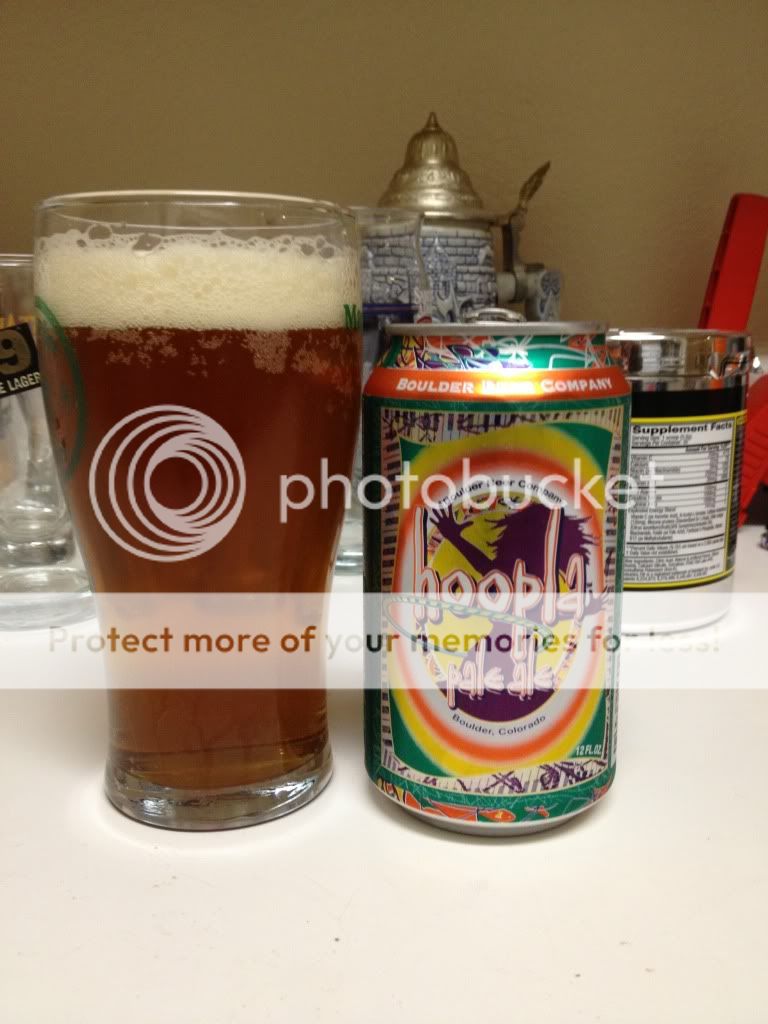Ill chime in
quote:
I'm not arguing Karbach's success. My main point of contention is that I do not believe that the ability to open a tap room will be significant enough to make a currently nonviable enterprise viable.
If taproom sales are a cornerstone of your business model, the cliche "location, location, location," is still the most important factor. IMO, not focusing on tap room sales is very short sided. The margins and control over your product alone are reason enough to consider a good tap room space. You can do well in the right location with average beers.
There are tons of crappy breweries in Denver that survive simply because they capitalized on serving an untapped neighborhood. Denver Beer Company comes to mind first. I have yet to drink a beer there that is even average. Yet, the place is constantly packed because they built a really nice taproom in the perfect location at the perfect time. The "scenery" at Denver Beer Co is second to none.
A local example for me is Crabtree Brewing. When they first opened, they were in a terrible part of town. The typical startup brewery location: industrial, lots of vacant areas, and off the beaten path but still as close as possible to foot traffic. Crabtree did alright there for several years. They distributed most of their beer because they thought that's how it should be done, and because they couldnt put any butts in the taproom seats. Fast forward five years and they have moved to a much better location near several shopping areas and major thoroughfares. They are no longer brewing any standard beers in six pack offering. They can a few batches here and there, but well above half of the revenue is now taprooms sales. It's packed Thursday-Sunday. They made, and still do make pretty average standard offerings. They do make some pretty good small batch items. It's amazing what the right location can do.
[This message has been edited by NColoradoAG (edited 8/21/2013 5:12p).]





